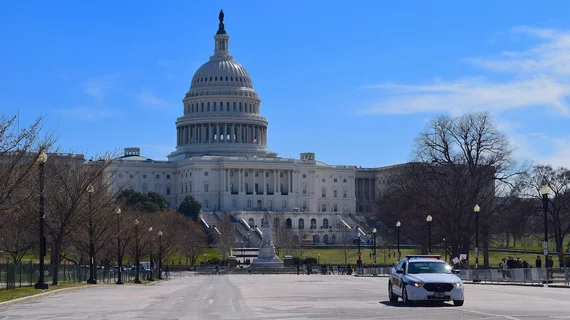$480B in new pandemic relief appears imminent for hospitals, small businesses
Pending votes on Capitol Hill, hospitals are soon to receive relief from pandemic economics in the form of a $480 billion-plus aid package agreed upon by Congressional leaders and the White House late Tuesday afternoon.
The package is primarily aimed at helping small businesses but also includes some $75 billion for hospitals and $25 billion to multiply virus tests across the country, according to numerous outlets.
The deal was struck between bipartisan leaders on Capitol Hill and Treasury Secretary Steven Mnuchin. As of HealthExec’s presstime, a corresponding bill was expected to quickly pass in the Senate before moving to the House for a vote on Thursday.
Early reactions suggested the bill will pass both chambers and that the haggling leading up to this round of relief is over.
“I welcome this bipartisan agreement and hope the Senate will quickly pass it once members have reviewed the final text,” Senate majority leader Mitch McConnell said Tuesday afternoon.
“Congressional Democrats are proud to have secured an agreement on an interim emergency funding package,” added House speaker Nancy Pelosi and Senate minority leader Chuck Schumer in a joint statement.
For more, see coverage posted late Tuesday by CNN here, Fox News here and The Wall Street Journal here.

